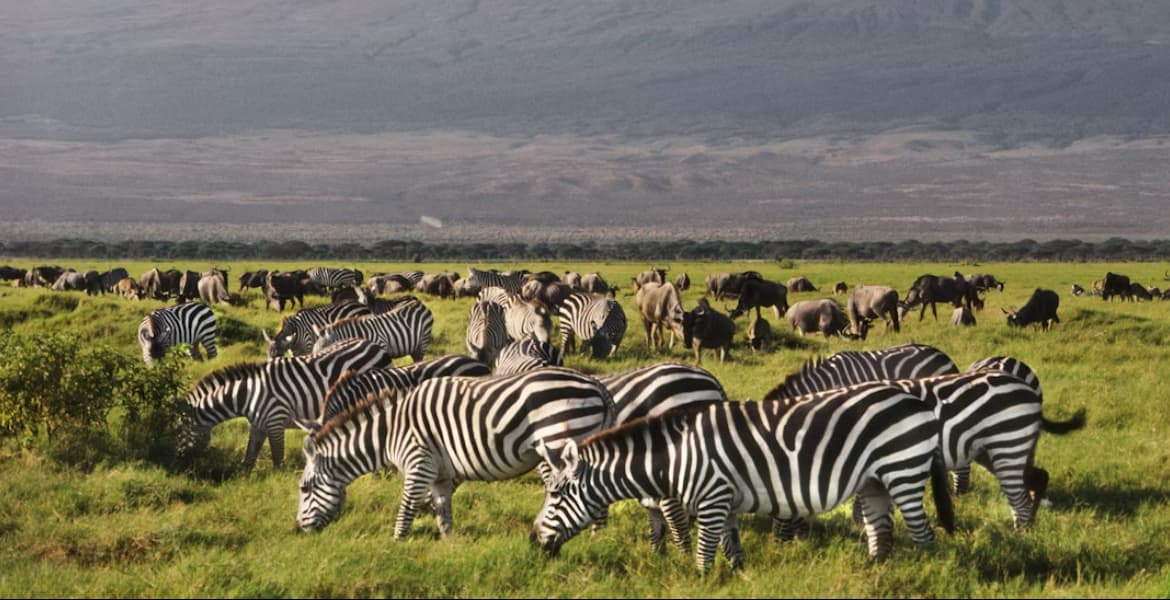We're loading the full news article for you. This includes the article content, images, author information, and related articles.
The Kenya Wildlife Service has proposed significant park entry fee increases, with adult EAC residents paying Ksh1,500 to enter Amboseli and Lake Nakuru and annual passes introduced, aiming to fund conservation efforts and align with global standards.

Nairobi, Kenya – The Kenya Wildlife Service (KWS) has published draft regulations that propose the most extensive overhaul of park entry fees in almost 20 years, signalling a major shift in the pricing of Kenya’s prized wildlife destinations.
The Wildlife Conservation and Management (Access and Conservation) (Fees) Regulations, 2025 introduce a tiered, season-based structure, with rates varying according to visitor nationality, residency, and age. If approved, the new charges will take effect in January 2026.
Under the new framework:
Premium parks – including Amboseli and Lake Nakuru – would see entry fees for adult East African Community (EAC) citizens and residents rise from Ksh860 to Ksh1,500.
Nairobi National Park – entry for locals would be Ksh1,000 during the high season and Ksh600 in the low season. Non-resident adults would pay Ksh7,500 in high season and Ksh5,000 in low season.
Tsavo East and Tsavo West – local entry fees would double from Ksh515 to Ksh1,000.
Other key parks – such as Meru and Aberdare – would charge locals Ksh800, while foreign visitor rates would range between Ksh5,169 and Ksh9,046, depending on the park and season.
Additional provisions include:
Children’s bracket: Reduced rates for visitors aged 5 to 17 years.
Exemptions: Seniors over 70 years and persons with disabilities will not pay entry fees.
Annual passes: New passes priced at Ksh45,000 for adults and Ksh130,000 for families, granting unlimited access to all KWS-managed facilities.
KWS says the revised charges are designed to address rising operational costs, enhance park management, and align Kenya’s fees with international tourism benchmarks. The agency notes that the current pricing model, largely unchanged since the early 2000s, has been outpaced by inflation and the growing demands of modern conservation.
According to KWS, revenue from the new fees will be reinvested in:
Park infrastructure upgrades to improve visitor experience.
Community conservation programmes aimed at ensuring local populations benefit from wildlife tourism.
Anti-poaching operations to protect endangered species and habitats.
The draft regulations are open for public comment, with stakeholder consultations taking place nationwide. Feedback from the tourism sector, conservation groups, and local communities will help shape the final version.
If approved, the new fee structure will take effect from January 2026, impacting both domestic and international tourism. Industry analysts say the reforms could significantly boost conservation funding, but caution that higher rates for non-residents may influence visitor numbers in a competitive safari market.
Keep the conversation in one place—threads here stay linked to the story and in the forums.
Sign in to start a discussion
Start a conversation about this story and keep it linked here.
Other hot threads
E-sports and Gaming Community in Kenya
Active 9 months ago
The Role of Technology in Modern Agriculture (AgriTech)
Active 9 months ago
Popular Recreational Activities Across Counties
Active 9 months ago
Investing in Youth Sports Development Programs
Active 9 months ago